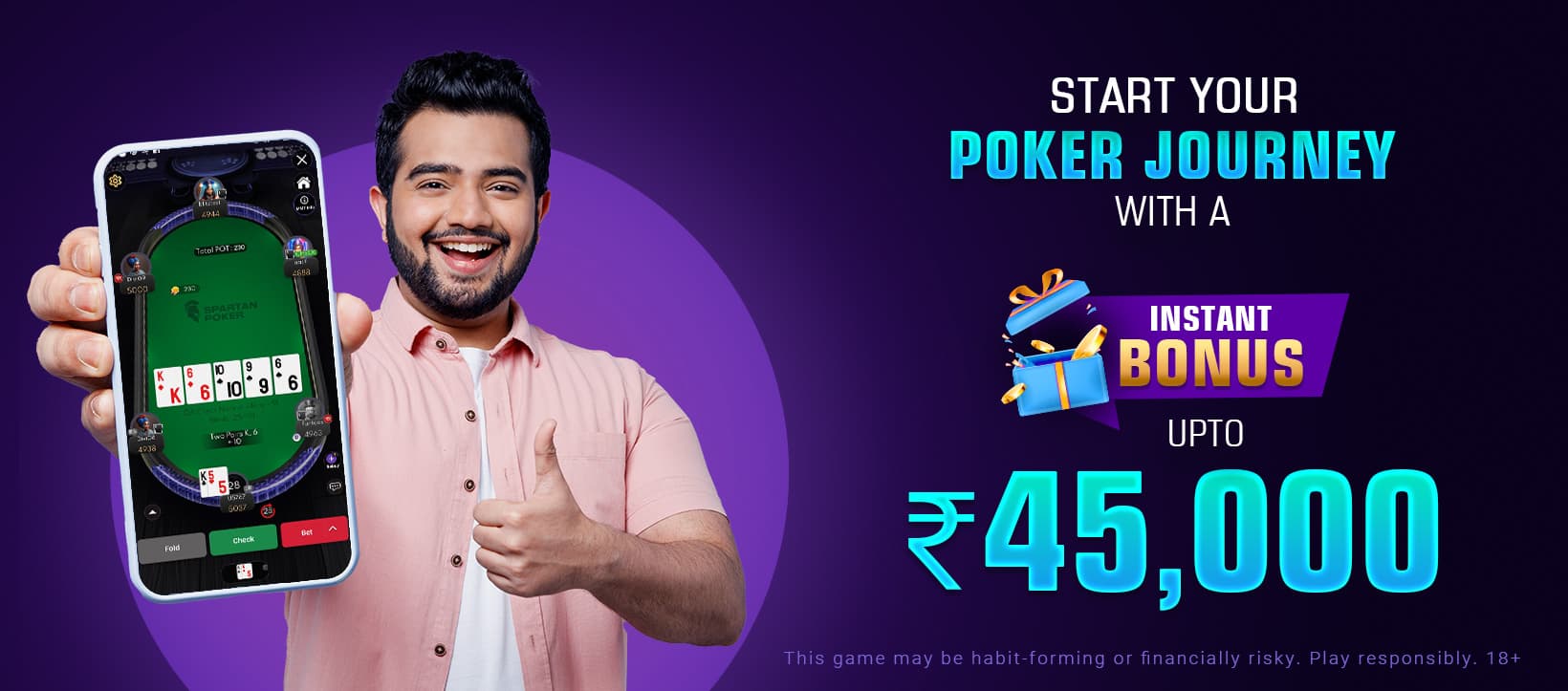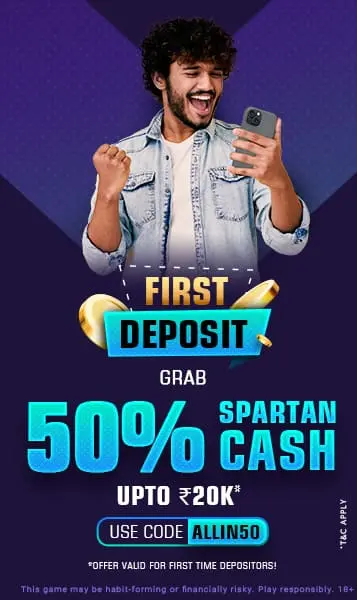The tradition of playing cards has been passed from generation to generation. Playing cards is the much-awaited thing about Diwali for card lovers. People start hosting Diwali card parties much before the auspicious day of Diwali.
These parties have seen numerous hands, winnings, and losings for years and the trend is shooting up every year. Diwali parties are a fun way of celebrating the festival and the love for cards. Card lovers get a chance to gamble their hearts out on Diwali.
Social gatherings are taking a back seat with people hustling and bustling in their lives every day. Thanks to these festivals in India, people get an excuse to gather and celebrate happiness. Each Indian festival has an underlying story as to why is it celebrated.
We have heard these stories from our childhood and pass on these mythological stories to our kids. That's how we hand over our culture to our future generation. Preserving the culture and traditions is a big league to uphold the essence of the nation.
Aren't the Indian festivals so much fun? There is something or the other now and then which forces people to take out some time for themselves and their families from their mundane schedules. Festivals are a big part of Indian culture and are adored by people worldwide.
Every festival has a set of rituals and traditions communicated by our ancestors that Indians need to abide by. These traditions make the festivities even more fun just like the tradition of playing cards on Diwali. Diwali is considered an auspicious time for various purchases as well.
Many of us take out our deck of cards as soon as the Diwali season starts and start waiting for invites to Diwali parties. Diwali means playing cards and enjoying fireworks for most of us.
But have you ever wondered the logic and reason behind playing cards on Diwali? Because gen-z is so curious to know about everything and asks for logic in every Indian ritual, we are here to walk you through some of the understated stories.
Yes, Gambling is illegal in the country but bro it's Diwali and it is incomplete without playing cards. So, for the sake of safeguarding our legacy and heritage, let's flaunt our chaals.
Poker, Teen patti, Rummy, and Bluff are some of the card games that rule the Diwali parties with Teen Patti being the brand ambassador.
Here's what you need to know more about this tradition.
- There is a belief that the person who doesn't play cards on Diwali would be born as a donkey in the next birth.
- The playing cards tradition started with the game of dice now known as Poker. Poker then welcomed various games such as Flush/Flash and Teen Patti.
- According to mythology, Lord Shiva and Goddess Parvati Ji played the game of dice which signifies the rotation of creation and destruction, fragmentation, and unity.
- It is said that people who will play cards on Diwali are blessed with a prospering year ahead.
- Playing cards on Diwali bring good luck, prosperity, and wealth.
- Diwali days are a good profit opportunity for businesses such as casinos and clubs.
We think we added some more points to make your Diwali playing cards game more justified if your parents stop you from going to Diwali parties.
Yes, the opinions matter in the country, some treat this tradition as a blessing and some think of it being contrary to the religion. But playing cards are a great way of socializing with people on prosperous days like Diwali.
Play Poker on Spartan Poker
Poker is a celebrated card game across the globe. Poker is a skill game that makes it legal to be played online on real money earning app such as Spartan Poker. Show off the poker skills that you flaunt in casinos and secure some amazing cash prizes and other rewards for yourself.
It doesn't matter if you are a beginner or a pro, Spartan Poker have rooms for all you poker lovers and it offers poker lovers an amazing poker-playing experience with a friendly user interface.
That's how you can play poker on Spartan Poker-
- In the game of Poker there is one dealer who distributes the cards clockwise. The next player to the dealer is the small blind and one besides that player is the big blind.
- All the players, in the poker hand, are then dealt with 2 cards (if you're playing No-Limit Texas Hold 'em Poker), 4 cards (if you're playing Pot Limit Omaha Poker), and 5 cards (if you're playing 5-card Omaha Poker) facedown. Starting with the small blind position.
- Always, betting in poker starts with the player who is sitting with the big blind.
- After dealing, a betting round starts with the player beside the big blind. After that, the small blind player plays first. Any player at his/her turn, one can call, raise, re-raise, check or fold.
- If one or more players stay in the game after the betting round, the dealer opens the 3 cards, which are called flops. After the flops, one more card is opened, called the turn. After the turn, another card unfolds on the table known as River. After this, the last round of betting starts.
- The betting round occurs after each stage where you can raise, check, call or fold.
- A player needs to make some sort of symmetry with the cards like pair, color, sequence, etc.
- The dealer gives 2 cards to each player and opens 5 common/house cards. These 5 cards are common for each player and dealer too.
- Now from the total of 7 cards, a player has to make the best to win the hand.
- After the cards are open, players can raise, check, or fold.
- If everybody folds, then the last player wins the pot. If there will be more than one player at the end, then cards are revealed
- and compared. In that case, the player with the highest number of cards wins.










